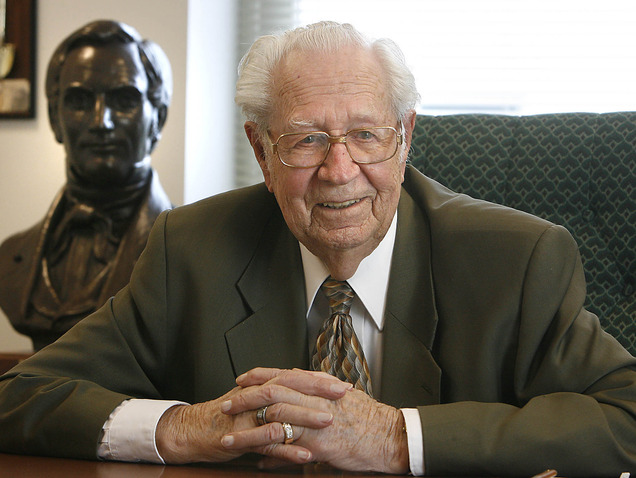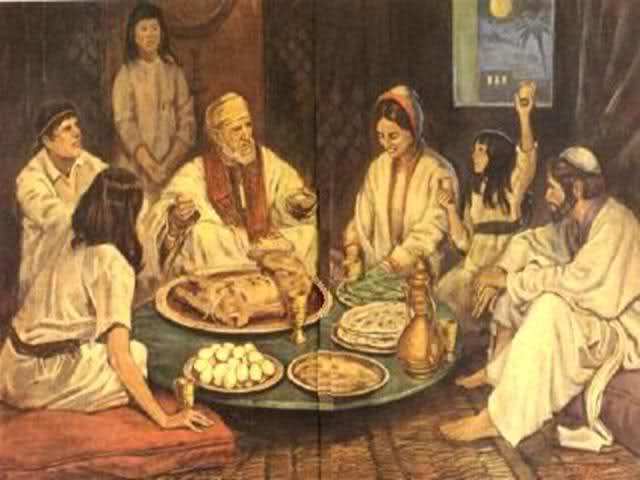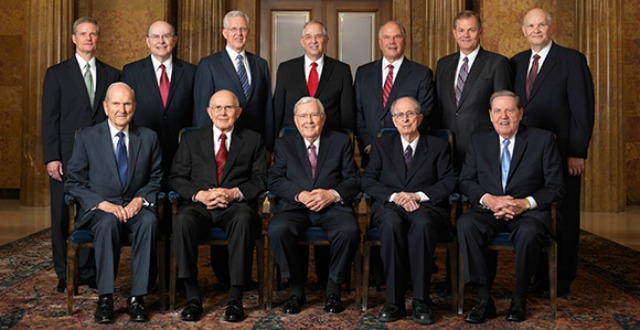Question
Dear Gramps,
Why don’t we now have a patriarch to the Mormon church? I understand that there are patriarchs in most areas of the Church and that there probably isn’t the need for a roving patriarch, however, as it was:
a) a calling wherein he was sustained as a prophet, seer, and revelator just as the first presidency and quorum of the twelve, it seems strange to me that the office no longer exists.
b) a lineage blessing, I believe, to be passed down through the family line.
Maybe the answer lies in the above question but I would appreciate your thoughts.
Thanks.
Ray
Answer
Dear Ray,
In the beginning days of the Church, the organization developed as need demanded. Since that time, the organization has always been modified to accommodate the needs of the growing and expanding Church. There have been on occasion more than twelve apostles, although the quorum always retained only twelve members. There have at times been more than two counselors in the First Presidency. There were for many years Assistants to the Quorum of the Twelve who were General Authorities. The quorums of Seventy have gone through several evolutionary changes to meet the demands of a growing, global Mormon Church.
The office of patriarch is no different. The patriarch provides a vital function to the Church, and the time when it could be handled by one person has long since past. The Mormon office of Patriarch to the Church continued through the administration of Hyrum Gibbs Smith, grandson of the second John Smith, who served from May 9, 1912, until February 4, 1932. For ten years following the service of Elder John Smith, Acting Patriarchs were called who were not in the direct hereditary line. They included Nicholas G. Smith (October 1932 to October 1934), Frank B. Woodbury (June 1935 to October 1937), and George F. Richards (October 1937 to October 1942).
The call returned to the hereditary line on October 3, 1942, with the call of Elder Joseph Fielding Smith (1899-1964), a great-grandson of Hyrum Smith. He was released at his own request on October 7, 1946, because of poor health. Eldred G. Smith, eldest son of Hyrum Gibbs Smith, was called in April 1947. In 1979 the office of Patriarch to the Church was retired “because of the large increase in the number of stake Patriarchs and the availability of patriarchal service throughout the world.” Eldred G. Smith was designated “a Patriarch Emeritus, which means that he is honorably relieved of all duties and responsibilities pertaining to the office of Patriarch to the Church” (Conference Report, Oct. 1979:25).
The ordaining of stake patriarchs was a function originally assigned to the First Presidency or a member of the Quorum of the Twelve. However, as the Church has grown, the Brethren have delegated that responsibility to Stake Presidents, as necessary; but only after being authorized to perform the ordination for a specific individual approved by the First Presidency and Quorum of the Twelve.
Gramps







